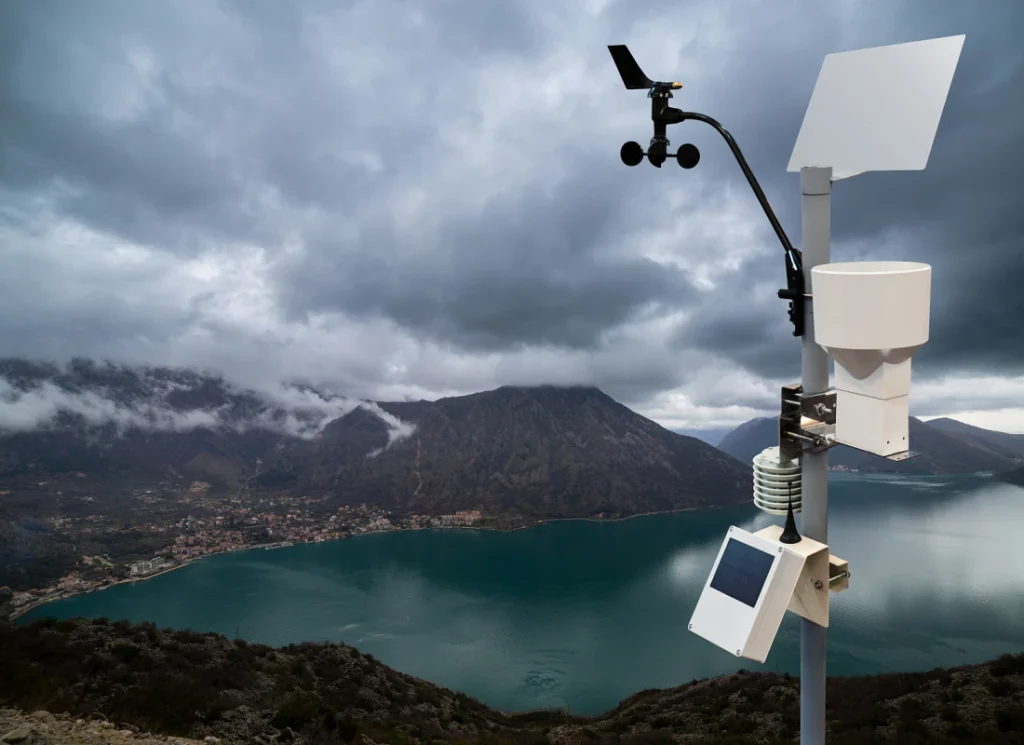
# Rainwater Sensor: A Smart Solution for Water Conservation
## Introduction to Rainwater Sensors
Rainwater sensors are innovative devices designed to detect precipitation and help manage water usage more efficiently. These smart tools play a crucial role in modern water conservation efforts by preventing irrigation systems from operating during or immediately after rainfall.
## How Rainwater Sensors Work
Rainwater sensors typically use one of several detection methods:
– Expansion disc technology
– Conductive grid systems
– Optical sensors
– Capacitive sensing
When moisture is detected, the sensor sends a signal to interrupt the irrigation controller, preventing unnecessary watering. This simple yet effective mechanism can save thousands of gallons of water annually for a typical residential property.
## Benefits of Installing a Rainwater Sensor
### Water Conservation
The primary advantage of rainwater sensors is their ability to significantly reduce water waste. By preventing irrigation during wet conditions, these devices help conserve one of our most precious natural resources.
### Cost Savings
Reduced water usage translates directly to lower utility bills. Many homeowners see a return on their rainwater sensor investment within a single irrigation season.
### Environmental Protection
By minimizing runoff, rainwater sensors help prevent fertilizer and pesticide contamination of local waterways, protecting aquatic ecosystems.
## Types of Rainwater Sensors
### Wireless vs. Wired
Modern rainwater sensors come in both wireless and wired configurations, offering flexibility for different installation scenarios.
### Smart Sensor Integration
Advanced models can connect to home automation systems and weather forecasting services for even more precise water management.
## Installation and Maintenance
Installing a rainwater sensor is typically straightforward:
1. Choose an optimal location (usually on a roof or elevated position)
2. Mount the sensor according to manufacturer instructions
3. Connect to your irrigation system
4. Test functionality
Regular maintenance involves cleaning the sensor surface and checking connections seasonally.
## The Future of Rainwater Sensing Technology
Emerging technologies are making rainwater sensors even more effective:
– AI-powered predictive watering
– Integration with smart city water systems
– Self-cleaning sensor surfaces
– Solar-powered operation
## Conclusion
Rainwater sensors represent a simple yet powerful tool in the global effort to conserve water. By automatically adjusting irrigation based on actual weather conditions, these devices help homeowners, businesses, and municipalities use water more responsibly while saving money. As water scarcity becomes an increasing concern worldwide, adopting smart solutions like rainwater sensors will play a vital role in sustainable water management.
Keyword: rainwater sensor